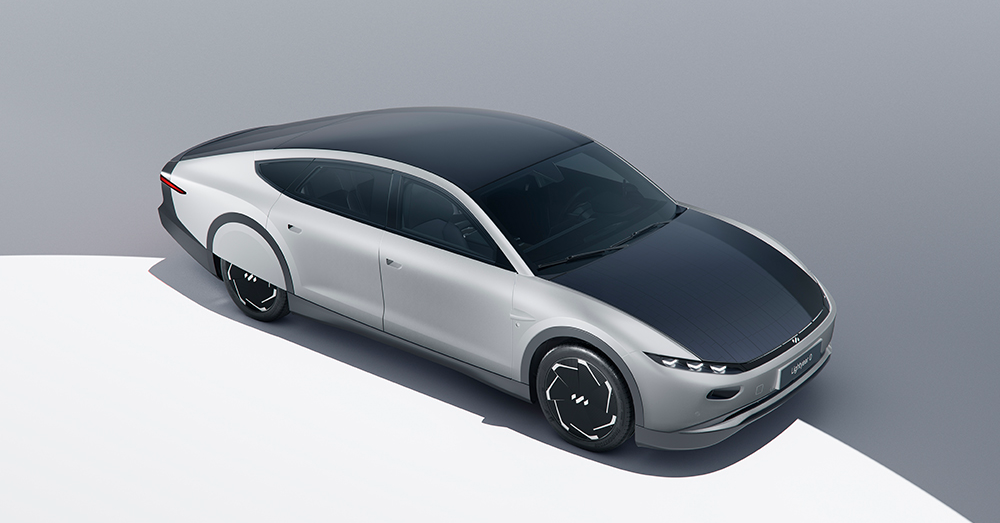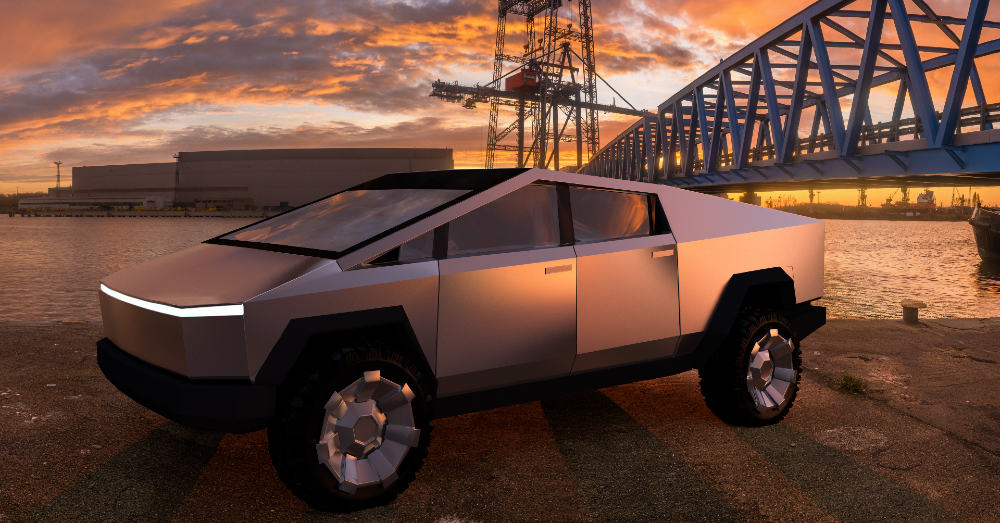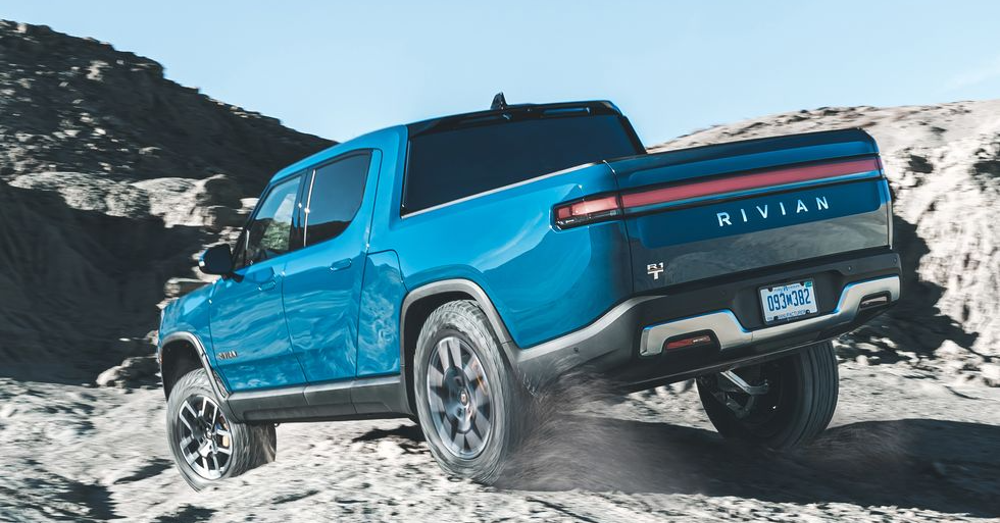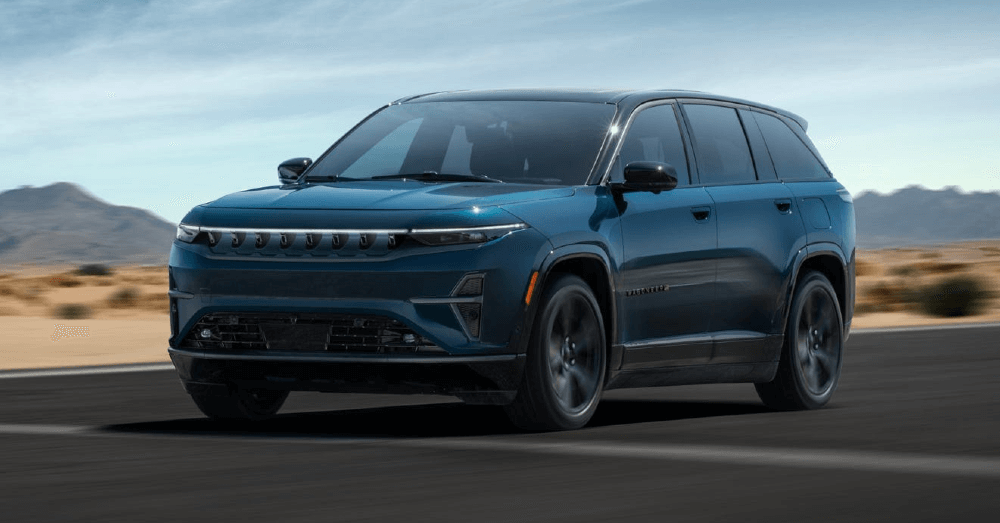Can we harness solar power to operate our vehicles? The solar-powered car question is one that challenges and intrigues the automotive world.
We know that solar power can be used and renewed easily. It’s an abundant energy source that’s been used to power homes and businesses around the world. Unfortunately, the massive power panels required to power a home or business aren’t feasible for cars. This leaves us wondering if cars powered by solar energy are possible or if this power can only be used for some of the electronics in cars. Let’s explore what we know about solar-powered cars so far.
How do these cars work?
Much like the solar panels you see along highways or on some roofs, the panels capture energy from the sun and convert it into electricity. This type of energy is being considered as an alternative to burning coal to produce electricity. Many solar panels are mounted on the roofs of houses and in fields, but these panels can be mounted on the roofs of cars and vehicles’ roofs and hoods to power the batteries. The battery pack stores the energy for later use. Some solar batteries have a backup battery to be charged from an electric outlet when required.
What are some of the benefits?
Eco-Friendly
Using solar power to operate electrical items is much cleaner and more environmentally friendly than burning coal to produce electricity. Anytime we can use the natural environment to produce necessary energy, its more eco-friendly than using oil and coal. Vehicles that run on electricity don’t produce emissions and are powered by renewable energy. This makes them sustainable and environmentally responsible. Creating solar-powered cars is a responsible choice, but the panels might still be too small to harvest enough energy to be a viable solution.
More Cost-Effective
Using solar power to power anything saves energy costs. The cost of installing solar panels on a car might be initially higher than a traditional gas-powered vehicle, but if solar is a viable solution, the long-term costs are much less. Solar panels last a long time and require little maintenance, which makes them ideal as a source of power.
Cars Become Energy Independent
If solar panels are a useful solution for vehicles, they will allow drivers to generate their own electricity and reduce their dependence on traditional energy sources. This is extremely beneficial in remote areas where electric charging stations for EVs haven’t been installed yet. Access to solar energy only requires sunlight, which could make it much easier for drivers to enjoy the benefits of this energy and the independence it provides.
Reduced Carbon Footprint
Many companies are working toward reducing their carbon footprint, but solar-powered cars would allow drivers to do this as well. Reducing the carbon footprint helps reduce greenhouse gas emissions and combat climate change.
What challenges must automakers overcome?
Adding solar panels to vehicles comes with a variety of challenges that must be met and overcome. Some of them are:
Limited Driving Range
Solar panels can only generate a specific amount of energy, which might not be enough to power a car for long-distance travel. Some advances in technology are helping to solve this problem, but this is one of the greatest challenges to any alternative fuel for vehicles.
Weather-Dependent
If clouds block the sun, the necessary energy can’t get through to power solar panels. This means that solar-powered cars wouldn’t be able to operate unless they have a battery backup system that can be charged by plugging the vehicle into a regular power outlet.
Expensive
Any new technology is expensive at first. The initial cost of solar panels on vehicles coupled with the lack of useable driving range could be a serious drawback, at least for now. As the technology improves, these panels could become more affordable, and that would make a difference in drivers adopting these vehicles and using solar energy to power their electric batteries.
Should we move toward solar power?
Currently, solar power presents many benefits but too many challenges to be useful in our vehicles. Some cars have solar roofs that add charging power to the batteries when parked or help operate some of the electronics while driving. We might see a wide application of solar-powered cars in the future, but right now, that’s not the case.
There are many challenges to overcome, which mirror the challenges with electric vehicles, including driving range and charging times. Until the challenges are overcome, drivers won’t likely buy vehicles powered entirely by solar energy, but this could be the future of driving.




